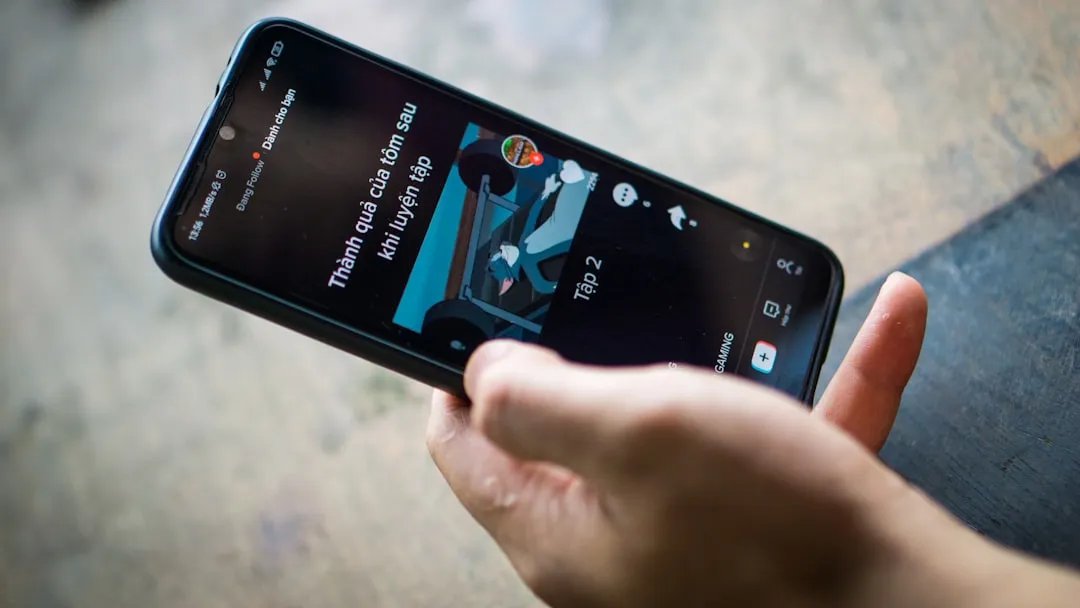The COVID-19 pandemic has created a frenzy for news and information that is nearly unprecedented in the smartphone era, with a major side effect of misinformation. Now, major tech companies are making it easier to ask for advice about novel coronavirus from their respective digital assistants. Results may vary, but Apple and Google are the most useful at the moment.
For iPhone, iPad, Mac, and other devices where Siri works, Apple added the ability to ask Siri the somber question, "Do I have coronavirus?" with answers mined from the Centers for Disease Control and Prevention (CDC).
Upon triggering the assistant and posing the query, Siri starts with a series of yes/no questions to arrive at different conclusions, with the first question merely asking you if you're ready to begin. If you're not prepared to start, Siri gives a link to CDC.gov to check at your leisure. But if you are ready, it asks the first screener question.
Apple has also added a webpage on its website for its COVID-19 Screening Tool, which is pretty much the same as the Siri experience, only you don't have to talk to your device. And Apple has a companion "Apple COVID-19" app in the iOS App Store that's similar to the website and Siri version.
As for Siri, it asks if you have any of the symptoms of infection, namely fever, dry cough, or trouble breathing, with the answer options being "Yes," "No," or "Not sure."




Answering in the affirmative leads to the follow-up question, "Are your symptoms extreme or life-threatening?" A yes for that prompts Siri to ask if it should call 911 for emergency services. However, if the answer is a no, then Siri recommends telehealth apps from the App Store. A "not sure" reply gives further information on symptoms as well as a recommendation to call 911 if those symptoms are encountered.
Negative or neutral answers to the symptoms question lead to a different follow-up question: "Have you been in close contact with someone who has tested positive for coronavirus (COVID-19)?" While the answer differs slightly, Siri still points to teledoc apps on the App Store.




While Siri pretty much just follows along with a flowchart to reach its conclusions, the assistant succeeds in showing information that is most relevant for each individual.
Ask Google Assistant the same question, and the answer is the same either way: check out Google's COVID-19 website (not to be confused with sister company Verily's Project Baseline website for COVID-19 screening) for more information.
The webpage provides a basic overview of the disease and refers to the World Health Organization for more information and the CDC for symptoms checking. The site also serves of YouTube playlists for safety tips and quarantine diversions.




So, while Google Assistant's bedside manner may be less friendly than Siri's question-and-answer approach, it does get the job done as far as curating information from expert sources.
Unfortunately, not all of the digital assistants are up to snuff. Ask Amazon's Alexa via the mobile app for iOS or Android, and the assistant dictates a generic overview. A link to "Learn more" leads to an FAQ page about Alexa's approach to medical questions and the sources from which it pulls information, including Mayo Clinic, CDC, and National Institutes of Health (NIH). The result is similar for users of Echo devices, but without the "Learn more" link.




Generally, real-world comparisons between Siri, Google Assistant, and Alexa have Siri trailing its peers. However, in this case, Apple has Siri at the forefront for interactively providing voice-activated help.
Cover image and GIFs by Tommy Palladino/Gadget Hacks

























Comments
Be the first, drop a comment!